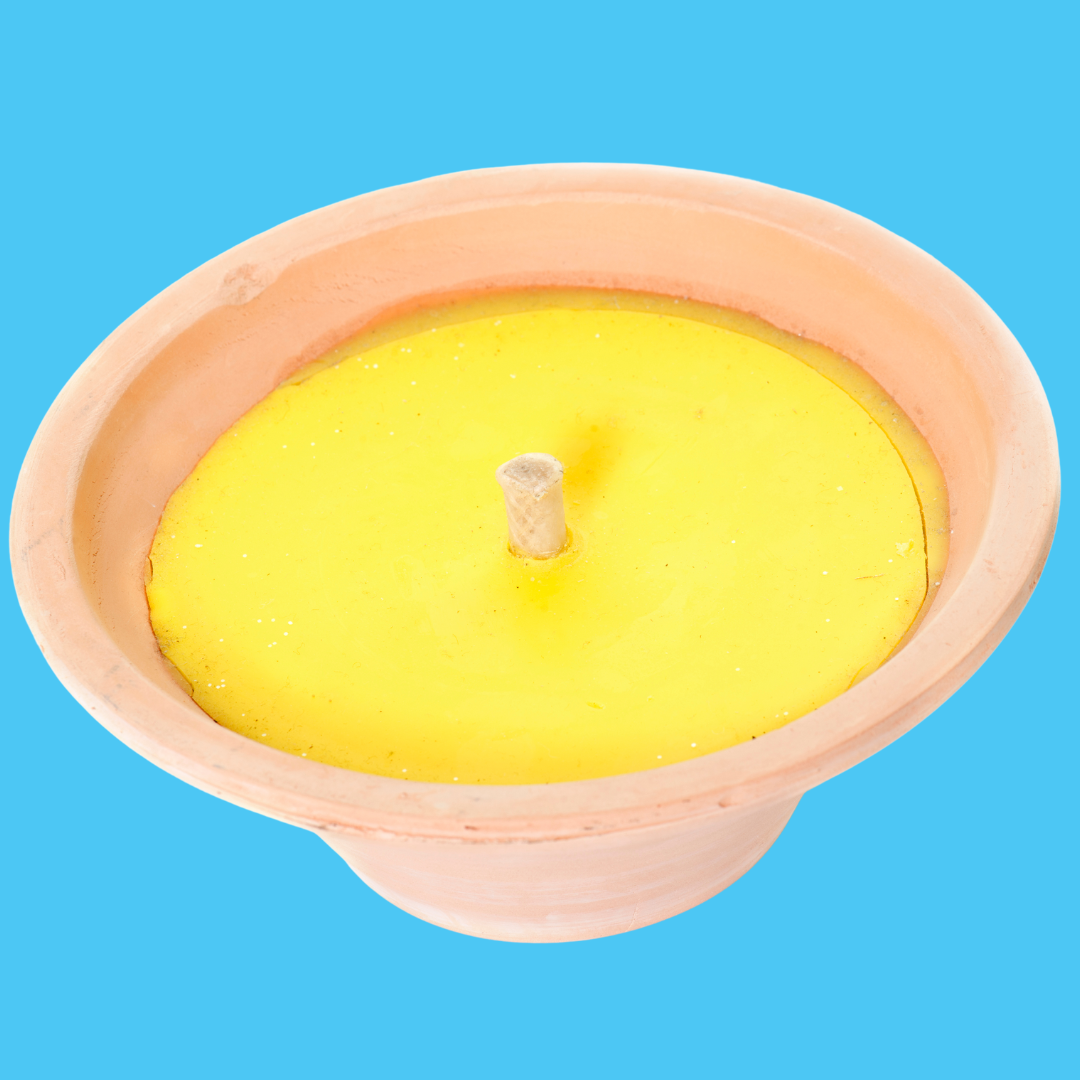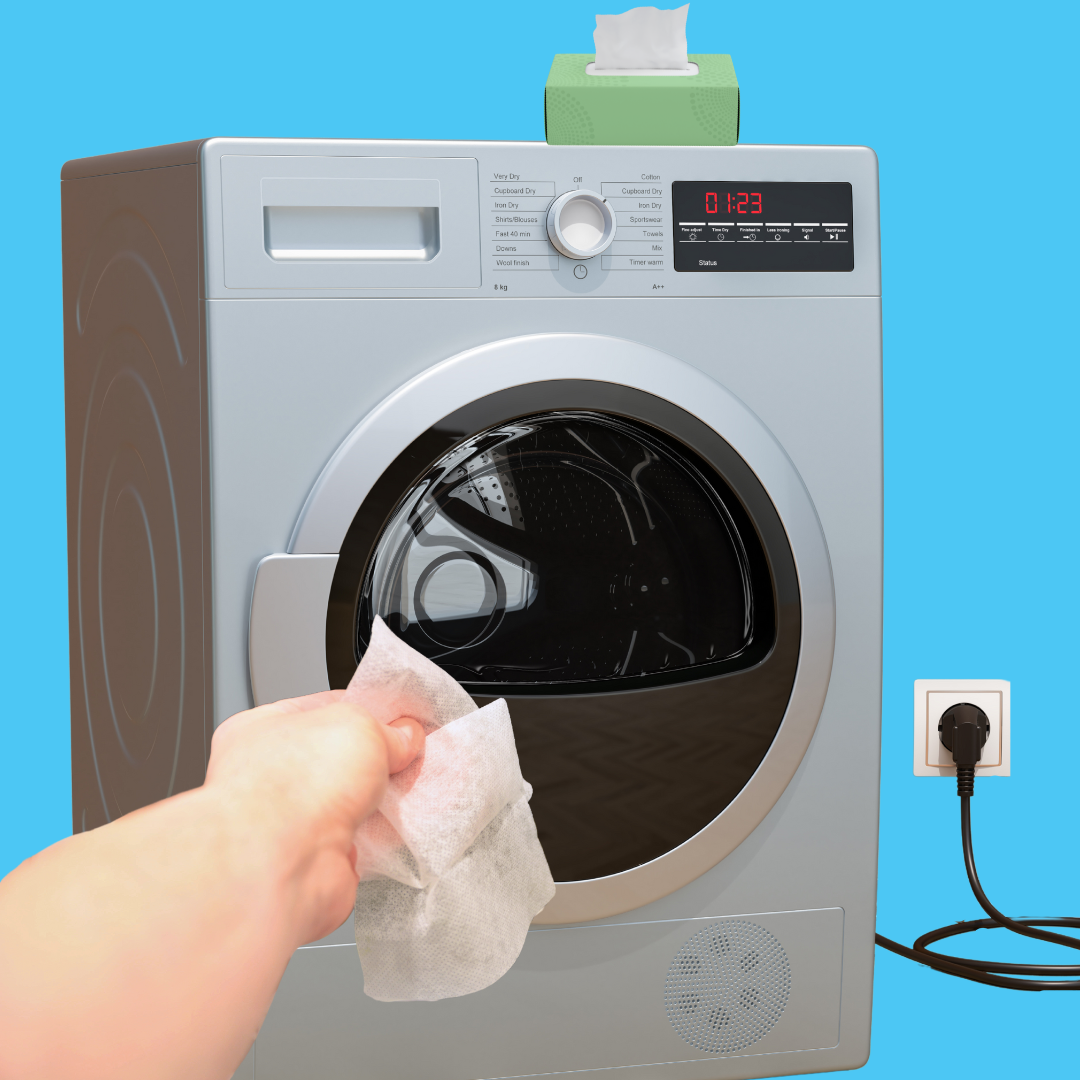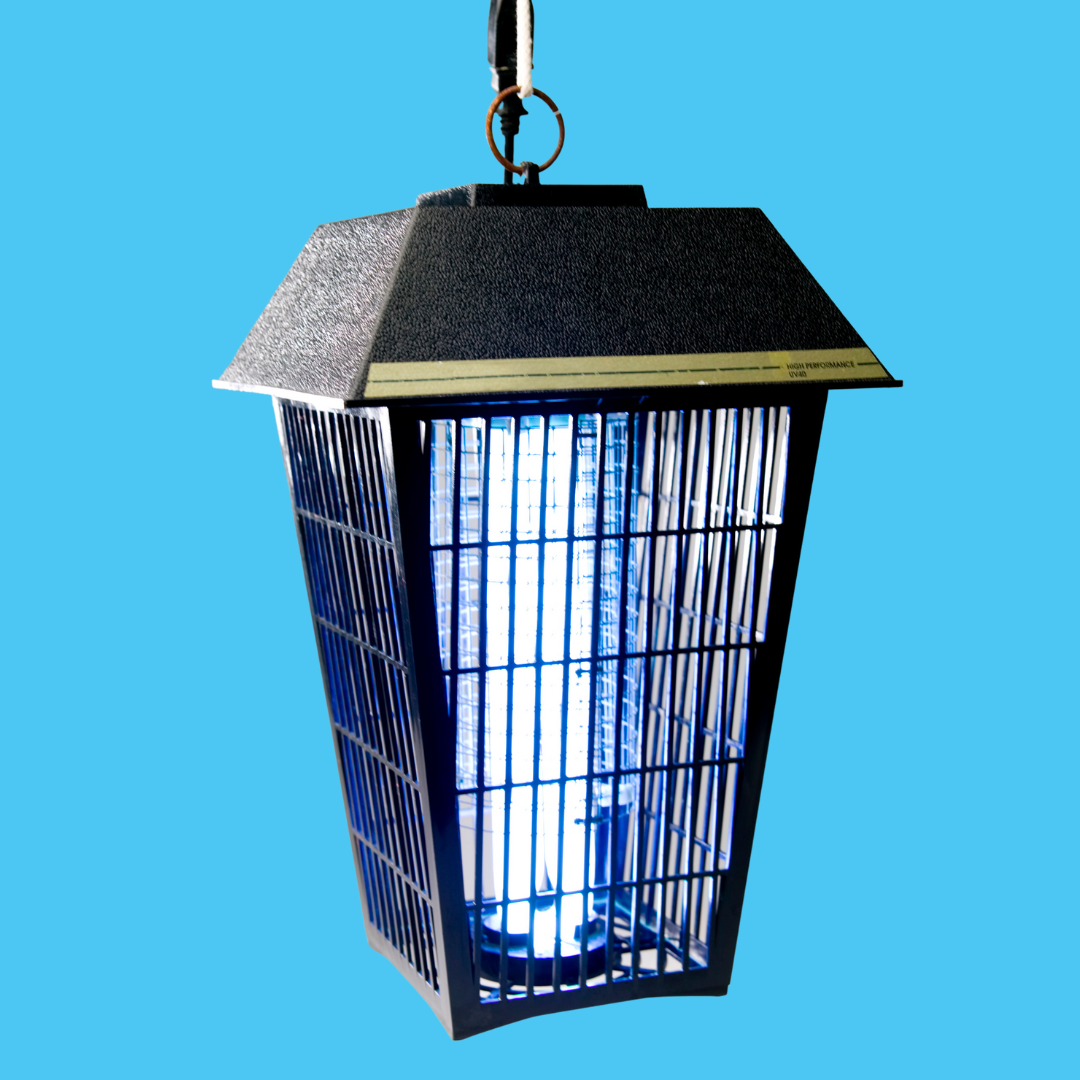Repellent Myths

With the expansion in detections of Invasive Aedes mosquitoes around the Antelope Valley, we are dealing with more mosquitoes than ever before. Unfortunately, more mosquitoes is our new reality but residents can take action now to protect themselves from mosquito-borne diseases like West Nile virus. Let's clear up some common myths about products that claim to keep mosquitoes away, but aren't actually very effective:

Citronella Candles
Citronella candles are only effective at repelling mosquitoes in the immediate radius around the candle and in the absence of a breeze. Unfortunately, Aedes mosquitoes prefer to feed off the lower extremities of the body like the ankles, away from candles on table tops. To provide long lasting coverage, use an insect repellent product that contains one of the recommended ingredients.
.png?ixlib=rb-1.1.0&w=2000&h=2000&fit=max&or=0&s=819ac12ae80135bcd406256e1310d236)
Natural Products
Insect repellents with natural oils or ingredients only work for 15 minutes or less, are unregulated, and can be toxic. For example, lavender oil is a popular alternative to recommended insect repellent products but it can actually act as an attractant for mosquitoes.

Dryer Sheets
Dryer sheets have not been scientifically tested as an insect repellent.
.png?ixlib=rb-1.1.0&w=2000&h=2000&fit=max&or=0&s=8a74a99e010636d61ea08286ed1c5ce4)
Citronella/Lavender Plants
Like the citronella candle, citronella plants, if at all, only provide protection for the immediate area around them. Because most people place them in pots, this can potentially become a mosquito source because of the water that accumulates in the pot saucer. Lavender plants are also a popular option but besides potentially attracting mosquitoes, they can also create a potential source if they are stored in a plant pot with a saucer.

Bug Zapper
Bug zappers are great at attracting insects, and while they may eliminate some mosquitoes, bug zappers attract and destroy mostly beneficial insects that serve as food sources for bats and birds.
If spraying yourself with insect repellent isn’t your favorite option for protection, there are other ways to apply it like lotions and wipes. Always look to see if the insect repellent product contains one of the four active ingredients (DEET, Picaridin, Oil of Lemon Eucalyptus or IR3535) and note the percentage. The percentage of the ingredient is an indicator of how long the product will last before you have to reapply. The District recommends using a repellent with at least 20% of the listed active ingredient. Always read the label carefully before applying. CLICK HERE for more insect repellent information.
